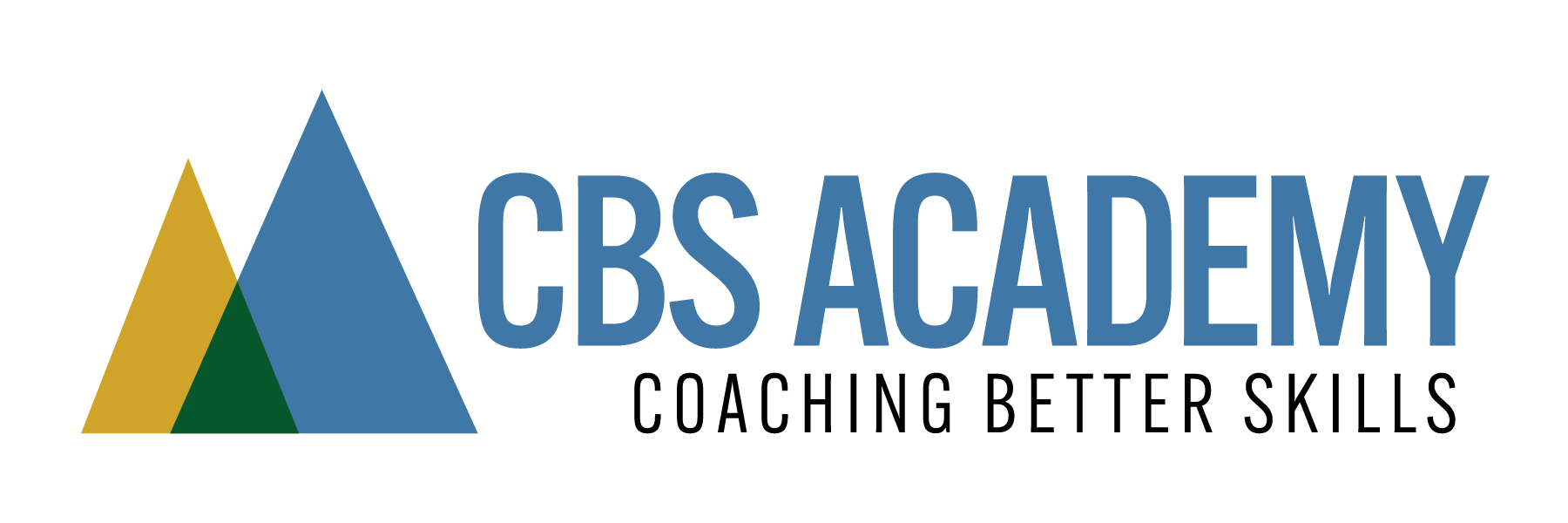The Value of Self-Assessment:
Not Allowing the Agents to Self-Assess
Stifled Growth and Development
One of the key pitfalls of not allowing agents to self-assess is that it stifles their growth. Self-assessment gives individuals the space to reflect on their strengths and areas for improvement, leading to greater self-awareness. This reflection is crucial for long-term development because it helps agents internalize feedback and actively participate in their own improvement. Without the chance to assess their own performance, agents may become overly dependent on external feedback, lacking the ability to self-correct or take initiative in their growth. This can create a cycle of passivity where agents wait for instruction rather than taking proactive steps to enhance their skills.
Reduced Accountability
Missed Opportunities for Critical Thinking
Self-assessment encourages agents to think critically about their interactions with customers and their overall performance. When agents are allowed to reflect on their own work, they gain a deeper understanding of the behaviors and practices that lead to success or failure. However, if a manager is always pointing out what went wrong and how to fix it, agents miss out on valuable opportunities to develop their problem-solving and critical-thinking skills. Allowing agents to assess their performance helps them build these cognitive abilities, leading to more effective decision-making in real-time customer interactions.
Decreased Engagement and Motivation
Poor Communication and Understanding
Self-assessment also enhances communication between agents and their leaders. When agents are given the chance to evaluate themselves, they bring their own insights and perspectives into feedback discussions. This opens up a two-way dialogue that allows leaders to understand how agents view their performance, what challenges they face, and where they feel they need support. Without self-assessment, leaders risk missing out on these valuable insights, which can lead to misunderstandings and ineffective coaching. A development process that includes self-assessment promotes clearer communication and a more collaborative approach to improvement.
Conclusion
GET HINTS AND TIPS TO HELP YOUR COMPANY SUCCEED.
SUBSCRIBE TO OUR NEWSLETTER.
GET IN TOUCH
-
PO Box 1866
Draper, UT 84020 -
info@cbsacademy.us
-
+1 (801) 448 7148
